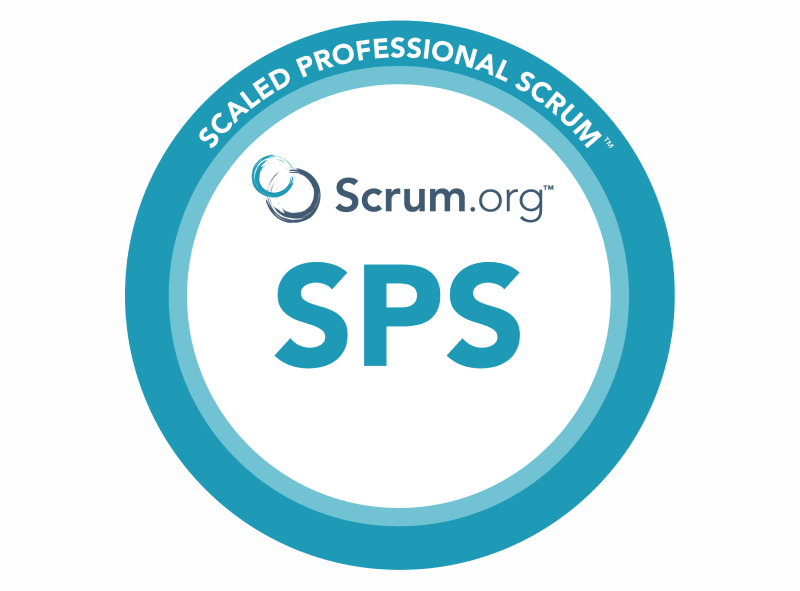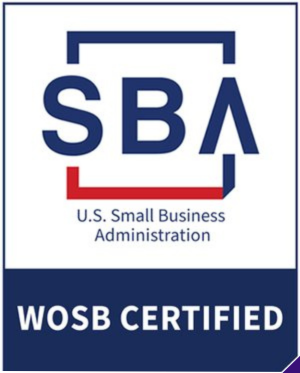Using Nexus to Scale Scrum Beyond a Single Scrum Team
Why Nexus?
Even after achieving success with Scrum, teams are still limited by the amount of work they can do and the value they can create. They need to expand, or scale, to a group of Scrum Teams working together on the same product. When doing so, they often encounter common challenges with cross-team dependencies, self-management, transparency and accountability.
When introducing heavy-weight scaling methodologies, teams often find that the added overhead slows down the teams and distracts from the essence and benefits of Scrum. Instead, Scrum.org created the Nexus FrameworkTM by minimally extending the Scrum Framework to include ways that help solve the dependency and collaboration challenges of cross-team work. Since Nexus enhances the foundational elements of Scrum, it reinforces the benefits of Scrum while also being familiar to those that have used Scrum.
The Scaled Professional Scrum™ (SPS) with Nexus course, builds on the Nexus framework by introducing complementary practices and techniques proven to help teams scale. The course also includes a free attempt at the globally recognized Scaled Professional Scrum (SPS) certification exam.
Course Overview
The Scaled Professional Scrum (SPS) with Nexus course is designed as an activity-based workshop where students develop a collection of skills that can be applied to overcome challenges when scaling Scrum. In this two day class*, students work together in a Nexus to organize and simulate a scaled product development project. Throughout this case study based class, common challenges in scaling are presented and more than fifty practices for overcoming them are revealed. Some of these practices rely on what we already know about Scrum and Nexus, and some are complementary techniques that members of the Scrum.org Professional Scrum Trainer (PST) community have found to be successful while helping their clients scale Scrum.
Students will develop an understanding of how to launch, structure, organize, and manage a large Agile project using Scrum. They will leave the class with a toolbox of techniques for identifying and overcoming common scaling challenges.
View the different Focus Areas covered within this class and others.
* When offered in-person, this course is generally delivered over two consecutive days. When offered as a Live Virtual Class, the course may be broken up into more, shorter days.
Course Learning Objectives
- Identify typical challenges in scaling, and learn principles and techniques for overcoming them
- Understand how to find the scale that works best for your organization and processes, including when to reduce or “de-scale”
- Experience the negative impact of cross-team dependencies on value delivery at scale
- Learn how identify, visualize, minimize and remove dependencies through cross-team refinement
- Learn how the Nexus framework extends and reinforces the key principles of Scrum to enable value delivery at scale
- Experience the Nexus framework in action – including the events, accountabilities and artifacts
- Experience techniques for organizing teams, organizing the work and running a Nexus
- Learn how to deliver value across the whole Nexus instead of optimizing the work of the individual teams
Who Should Attend
This course is appropriate for experienced Scrum professionals that are interested in learning how multiple Scrum Teams can work together to deliver a single product. It is ideal for:
- Scrum Masters with strong experience in their role that are interested in helping their organizations scale from one Scrum Team working on a product to several Scrum Teams working on a product
- Scrum Team members (Developers and Product Owners) who want to understand how to scale with Nexus or who are joining an organization using Nexus
- Agile Coaches with strong experience with Scrum that are looking to learn how to use the Nexus framework
- Department managers seeking to understand the difficulties their teams experience when working together
This course is not suitable for professionals with little Scrum knowledge or experience.
Professional Scrum Certification
All participants completing the Scaled Professional Scrum course will receive a password to attempt the Scaled Professional Scrum (SPS) assessment. SPS class participants who attempt the SPS assessment within 14 days of receiving their free password and do not score at least 85% will be granted a 2nd attempt at no additional cost. The industry-recognized SPS certification requires a minimum passing score of 85% and involves understanding of the Nexus Framework, knowledge from the course and of Scrum.
Class Timming:
- 2 Days
Certification:
- SPS
Certification Body:
- Scrum.org
Languages :
- English









